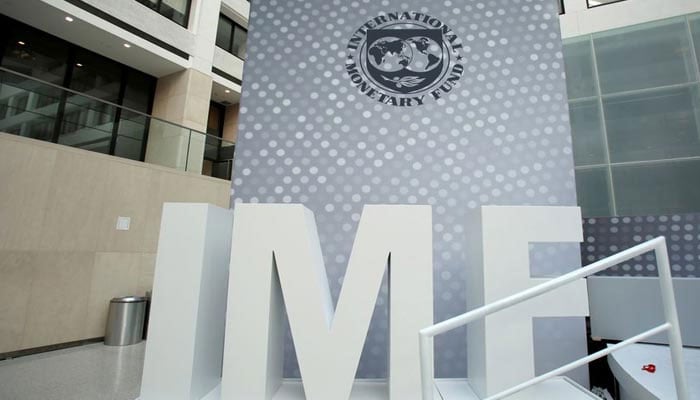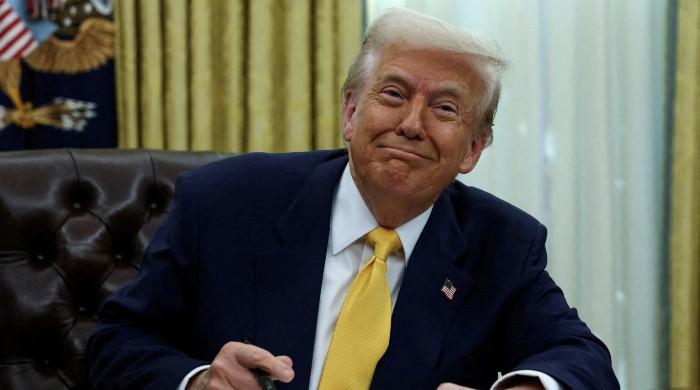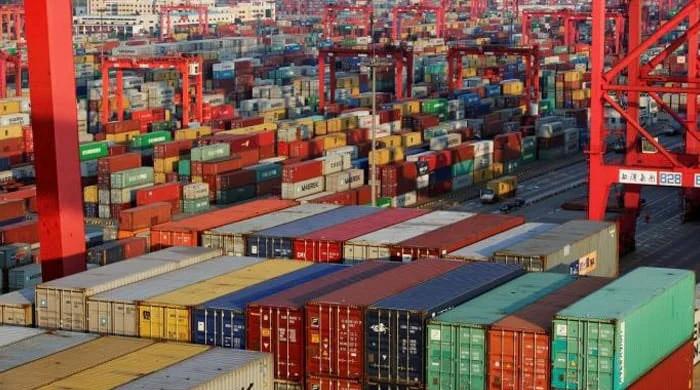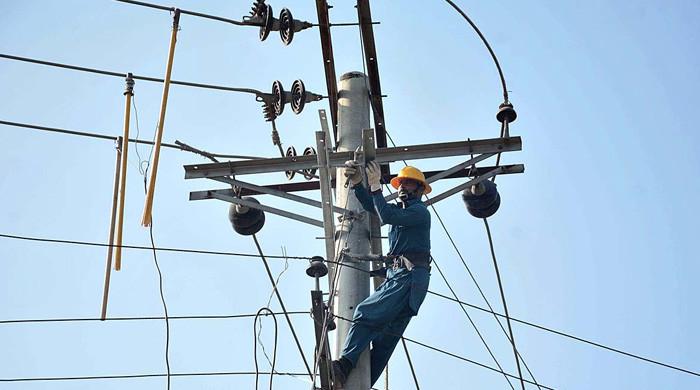Prompt decisions vital for revival of IMF programme: govt officials
Lingering political instability has proved to be the major stumbling block for govt to take tough decisions
January 18, 2023

- Policymakers urge prompt decisions for revival of IMF programme.
- However, political considerations form main barrier.
- Suggest imposing additional indirect taxes of Rs300-400 billion.
ISLAMABAD: The government's top policymakers have reportedly suggested the government take quick decisions to break the impasse and revive the IMF programme. They cite political considerations as the primary barrier preventing the topmost government's decision-makers from taking tough economic measures.
Prime Minister Shehbaz Sharif will have to take decisions on tough measures, including slapping additional taxes of Rs300 to Rs400 billion mainly through hiking indirect taxes and withholding taxes’ rates, charging the full cost of electricity from consumers by increasing the per unit rate in the rage of Rs7.50 and raising the gas tariff by 50% to 60% on immediate basis.
“The frustration has been mounting among top policymakers because they have spelled out strategy, attached cost and its implication in case of non-implementation on IMF’s prescriptions as adjustments cost will further go up with every passing day,” sources told The News on Tuesday.
The incumbent government wants a guarantee that they will continue to perform in the coming months because there are apprehensions that they might be shown the door after taking tough decisions by hiking the prices of utilities and slapping additional taxes.
The lingering political instability has proved to be the major stumbling block in the way of taking tough decisions because the incumbent government is clueless as to what will happen if it pays the cost of political capital by taking tough decisions under the dictates of the IMF programme and the country moves towards the next general elections. So, the ruling coalition has fallen into a state of complete confusion and indecisiveness.
In Pakistan, the IMF is concerned about the lackluster approach of the authorities concerning the non-starter of reforms and their inability to execute structural reforms. The circular debt has crossed Rs4 trillion mark so the government will have to hike electricity tariff by Rs7.30 per unit. The gas prices will also have to be increased to erase the circular debt which had peaked to Rs1,640 billion. It will be curtailed through dividends of two giants of power sector and then raising the tariff.
The IMF has expressed its reservations over the FBR tax collection target of Rs7,470 billion in the wake of imports compression and non achievement of Rs855 billion on account of the petroleum development levy (PDL). The IMF also asked Islamabad to slap additional taxes of Rs400 billion in the mini budget which will be higher than the annual budget taxation measures when the government slapped additional taxes of Rs 250 billion. If the government takes additional measures for Rs400 billion, it could collect Rs175 to Rs200 billion in the remaining period of the current fiscal year.
“The additional revenue can only fetch through imposing indirect taxes and hiking withholding tax’s rates,” the sources said. They added that the flood levy in the range of 1% to 3% could be proposed to get an additional Rs 60 billion.
The government is contemplating options to impose a levy on deducting 60% to 70% of the profit earned by banks through alleged manipulation of the exchange rate. The IMF also asked the government to consider the imposition of GST on POL products but the government seemed reluctant to move ahead. The IMF also gave prescriptions to slap more taxes on sugary beverages, and tobacco and the rate of withholding taxes could be jacked on property transactions. The IMF high-ups held a meeting with the FBR team last week before the Geneva conference but afterward, the fund team did not establish any contact with them so far.
A senior official of the Finance Division when contacted said on Tuesday that there were still hopes that the government might secure $700 million refinance of commercial loans from China, a $2 billion additional deposit from Saudi Arabia, $1 billion from UAE, and the possibility of $1 billion commercial loan from Dubai based banks.
In reality, the foreign exchange reserves held by the SBP hovered around $4 billion after repayment of $300 million to China as the SBP had reported that it stood at $4.3 billion as of January 6, 2023.











